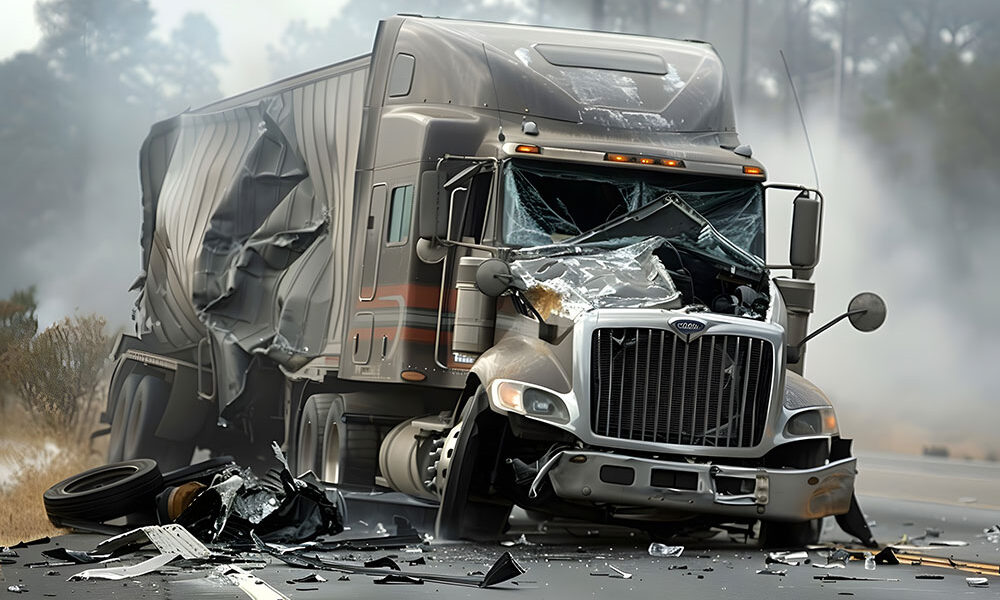Truck drivers face one of the toughest and most hazardous jobs on the road. Whether it’s long hours behind the wheel, loading and unloading cargo, or exposure to dangerous driving conditions, injuries are unfortunately common. If you’re a truck driver injured on the job in Washington or California, knowing what to do next is critical to protect your health, your rights, and your ability to recover compensation.
Here are the top five steps every truck driver should take after a work-related injury:
Get Immediate Medical Attention
Your health is the top priority. Even if the injury seems minor at first, you should always get checked by a medical professional right away. Some injuries—like soft tissue damage, internal bleeding, or concussions—may not show symptoms immediately.
Be sure to tell the doctor that the injury occurred while working, and ask that this be noted clearly in your medical records.
Report the Injury to Your Employer
Under both California and Washington law, there are strict deadlines for reporting workplace injuries—sometimes as short as 30 days. Report the injury to your employer, supervisor, or dispatcher as soon as possible. Provide written notice when possible and keep a copy for your records.
Timely reporting is critical to avoid delays or denial of your workers’ compensation benefits.
File a Workers’ Compensation Claim
Injured truck drivers are typically entitled to workers’ compensation benefits, which may include coverage for medical expenses, lost wages, and disability. You must file a formal claim through your state’s system:
- In California, this means submitting a DWC-1 form.
- In Washington, you can file through the Department of Labor & Industries (L&I).
Do not rely on your employer to file the claim on your behalf. Take action yourself and keep records of every step.
Document the Incident and Your Injuries
Start gathering and preserving evidence from the moment the injury occurs. This can include:
- Photographs of the accident scene and any visible injuries
- Witness names and contact information
- Dispatch logs, delivery manifests, or time sheets
- Emails, texts, or reports showing your work assignment and hours
If your injury happened during a truck crash, retain dashcam footage or accident reports if available.
The more evidence you have, the stronger your case will be—especially if disputes arise later.
Speak With a Lawyer Who Understands Truck Driver Rights
Not all lawyers understand the unique challenges truck drivers face. That’s where Truck Driver Rights comes in. We focus specifically on helping injured truckers and drivers who have been denied fair pay or treatment.
You may be entitled to more than just workers’ comp—especially if a third party (another driver, a defective part manufacturer, or unsafe loading practice) caused or contributed to your injury.
An experienced attorney can help:
- File and appeal workers’ comp claims
- Evaluate possible third-party injury lawsuits
- Fight wage and hour violations, including unpaid overtime or rest breaks
- Handle pushback from insurance companies and employers
You Don’t Have to Fight This Alone
If you’re a truck driver in Washington or California who’s been injured on the job, you have legal rights—and Truck Driver Rights is here to help you protect them. From securing medical care to recovering lost wages or filing lawsuits for unsafe conditions, we’re on your side every step of the way.
Call Truck Driver Rights today at (877) 700-0009 for a free consultation.
We fight for the compensation and respect you deserve.

